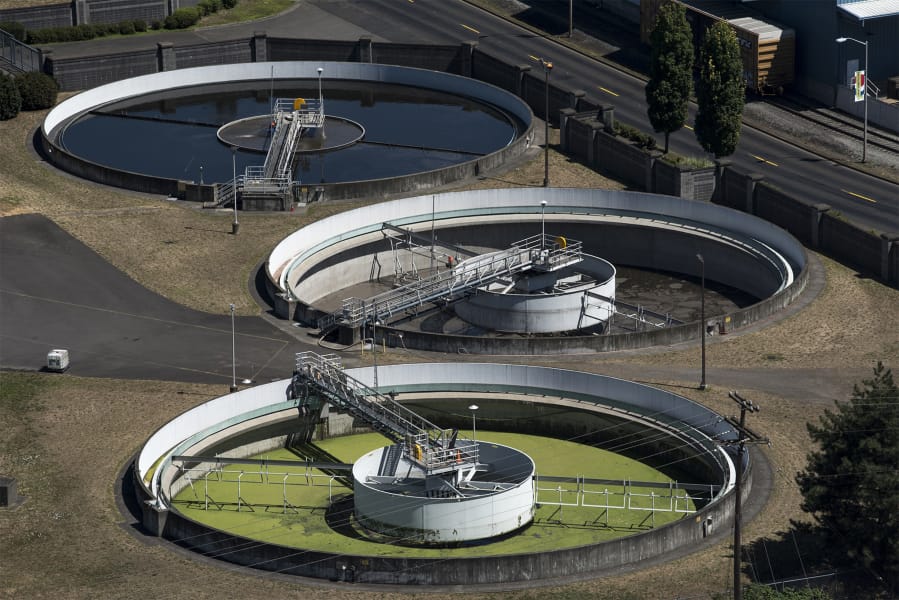The prevalence of COVID-19 in Vancouver is now being tracked through a pilot program in which samples of wastewater are collected and tested for signs of the novel coronavirus.
Staff at the Marine Park and Westside wastewater treatment facilities are collecting sewage samples weekly. The samples are then sent to a laboratory at Arizona State University, where researchers test the city’s influent for fragments of the virus’s genetic information.
The conclusions that can be drawn from this information have their limitations, according to a statement released by the city earlier this week. Wastewater-based epidemiology is still a relatively new science, and traces of the virus in the city’s sewer systems provide only a big-picture snapshot of the region.
But participation in the program could help the city determine the concentration of the virus in the community, including among people who are infected but do not present symptoms. The data will be used to supplement the metrics already tracked by Clark County Public Health.
Vancouver is one of about a dozen cities across the country participating in the program through its wastewater facilities operator, Jacobs.
“It’s very straightforward and simple,” Frank Dick, the city’s wastewater engineering supervisor, wrote in an email to The Columbian.
“Jacobs staff at city facilities, in the course of collecting daily influent samples, once a week will fill an additional half-liter sample container, label and seal it, and send it off to the ASU laboratory via qualified carriers,” Dick wrote. “The sample is a communitywide representation.”
According to an Arizona State University study published in Science of the Total Environment, wastewater-based epidemiology mines sewage samples for vital clues about human health. That applies to the coronavirus but also to other ailments that leave traces in human waste — drug use, diabetes and obesity, among others.
The Arizona State University lab uses a process called polymerase chain reaction testing in order to identify fragments of virus-associated RNA, the ribonucleic acid that carries the virus’s genetic information.
“Our results show that exclusive reliance on testing of individuals is too slow, cost-prohibitive and in most places, impractical, given our current testing capacity,” Rolf Halden, one of two researchers who published the study, told Science Daily. “However, when preceded by population-wide screening of wastewater, the task becomes less daunting and more manageable.”
In Vancouver, the pilot program will continue for at least a month, possibly longer, according to the city’s media release. The gathered data will be shared with local public health officials.
Brent Bremmer, the director of product communications at Jacobs, said the company is still figuring out how and when that data will be released.
“The format and time frame for data sharing is not yet established as sample collection and data gathering has just begun at most sites involved in the study,” Bremmer said.
Jacobs operates nearly 100 wastewater facilities across the country, including the two in Vancouver. The city is one of 11 municipalities participating in the pilot program, though more are expected to join in.
Vancouver’s sewer service area encompasses all but a small north-central sliver of the city. It also includes a few portions of the county’s regional wastewater district along the city’s northern border.





